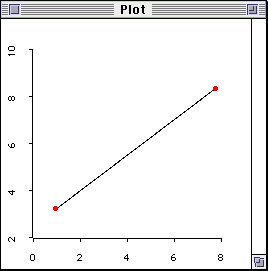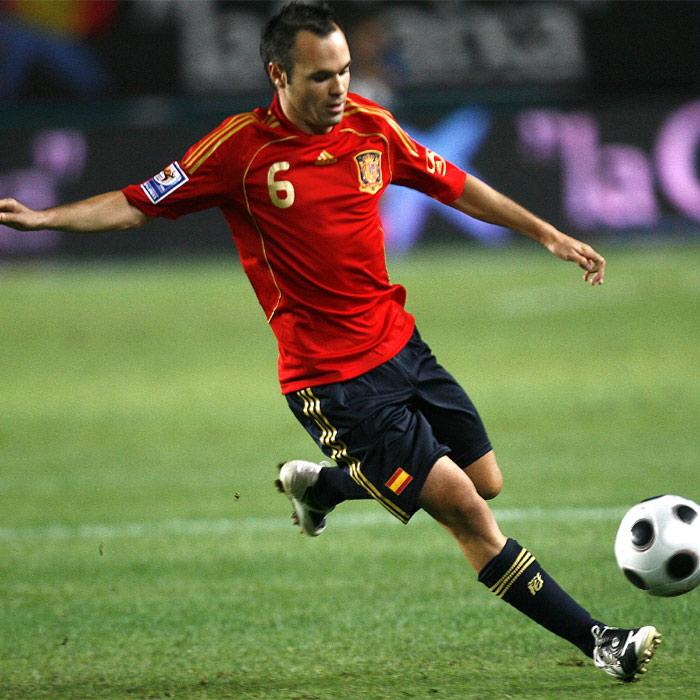As I noted last blog in a ridiculous burst of wit and cleverality, intelligence is about being able to find a common ground for two previously unintroduced points to stand on.
The cool thing about intelligence as humans know it is that we have not only the intelligence of our minds, but of our bodies as well.
Of course, mind and body is the classic dualism. However, that seperation does not exist.

That's right, you heard me. Tell me where the mind ends and the body begins, and I'll hand you reams of evidence you can read till the end of time that will prove you wrong. Thoughts, emotions, even morality (1) is being shown to be nothing but chemical and electrical impulses in our physical brains.
Here's the big idea though guys: Increasing your body intelligence increases your mind intelligence.
Every physical skill you learn and perform enhances your intelligence. You have naturally found solutions to problems through movement, and when that movement became perfected, it led you to still finer and more delicate modes of intelligence.
 |
| This was you. Remember? |
The coolest part is that this intelligence often (and usually) informs us beyond the language level. It becomes a sort of intuition.
Let me give you a personal example.
Chess. Game of old Ukranian guys down at your local park, and stoners. I played chess semi-seriously for about a year or two. When I say semi-seriously, I mean that I read the occasional chess book, I played at least once a week, and I always played to win. Cos I'm a competitive bastard :)
 |
| Deep Blue XVI pooped his digital pants at Spock's quaddro-check |
What I found was that after about six months or so my life became chess. I started thinking about my work, my play and my relationships in terms of tactics, defense, counter-attacks, and castling. It wasn't an overt thing, I never consciously thought in these term. Rather, chess overlaid my everyday existence with a film of strategy.
So, I propose, does every sport at which one excels (or at least spends some amount of time performing). Chess is a particularly cerebral sport, sure, but I challenge you to imagine what being inside Roger Federer's head would be like.

Or Messi's.
 |
| YouTube Messi Right Now |
Or Marcusz Pudzianowski's.

Or Kasparov's.

To know a skill at such an incredible level... how does this inform their everyday existence? Think- sport to the elites is nothing but problem solving. To play respected opponents who continue to demand complex and sophisticated solutions from you for hours at a time... this demands unprecedented levels of intelligence. And this intelligence must undoubtedly appear in some way in their day-to-day lives.
References:
1. Functional Networks in Emotional Moral and Nonmoral Social Judgments; Jorge Moll,* Ricardo de Oliveira-Souza,* Ivanei E. Bramati,* and Jordan Grafman†; November 15, 2001; NeuroImage 16,




















